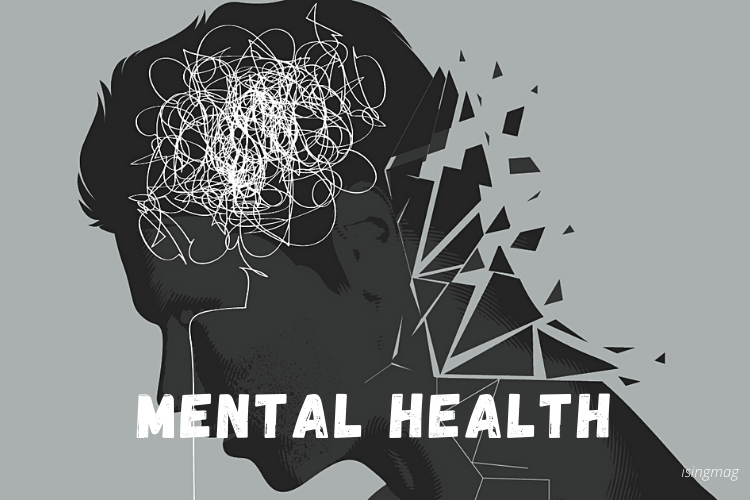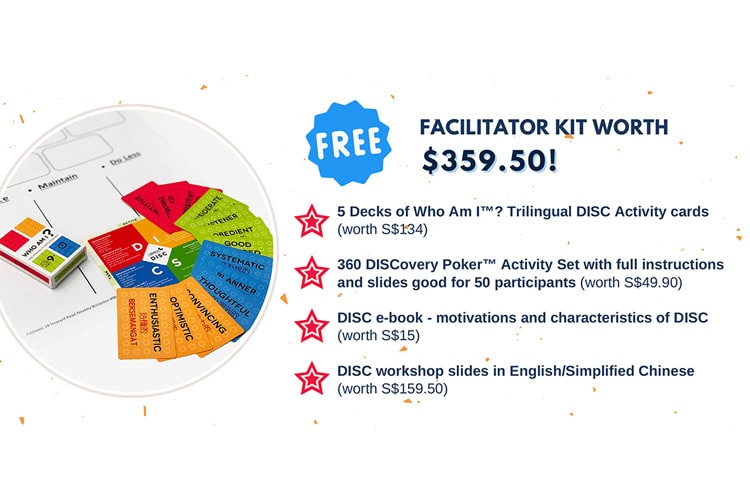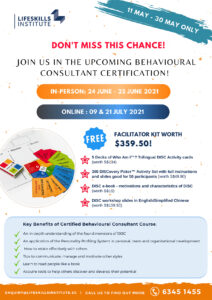
400 Suicide Cases In 2019, Rising SOS Calls During Covid-19
Mental health professionals advise that more help is needed during the Covid-19 pandemic as more people are expressing a sense of hopelessness this year, some even contemplating suicide.
Suicide is a tragedy that has been on the rise. It often stems from a deep feeling of hopelessness and the inability to seek solutions to problems or cope with challenging life circumstances. This may result in taking one’s own life thinking that it is the only way to find a resolution.
Statistically, suicide is the leading cause of death for those aged 10-29 years old in Singapore. Reported by the Samaritans of Singapore (SOS), there were a total of 400 reported suicides cases in 2019 – of which more than 66% were males. Comparing these numbers with transport accidents within the year, suicide amounts to three times the death toll,
“With so much uncertainty surrounding the pandemic, it’s hard to predict how long people will continue to struggle” – Dr Goh Kah Hong, Senior Consultant of Psychological Medicine, The Straits Times
Rising SOS Calls During Covid-19
SOS, a crisis and suicide intervention non-profit organisation reported an 18% increase of crisis-related calls amidst the pandemic.
Significant stressors placed upon a vulnerable individual already under strain can tip one over to becoming suicidal. The Singapore Counselling Centre also reported a 40% increase in the number of clients from 2019 to 2020

How To Know If Someone Has Suicidal Ideation?
With the dire need to pay attention to these rising numbers, we sat down with Danny (not his real name), who works at a family services welfare organisation and volunteers at the National Care Hotline. He shared with us 4 steps to identify suicidal ideation:![]()

![]()
Insight From A Mental Health Professional
Danny (not his real name) shared the importance for us to be able to notice and attend to those who exhibit these signs. Within the Asian culture, it is often taboo for us to talk about suicide or mental health. However, after attending a course on suicide, he learned the best way to tackle the looming mental health crisis is to simply ask those exhibiting these warning signs:
“Are you contemplating suicide?”
As startling as this may seem, this allows you to focus and direct the conversation to what is already lingering in their mind. Since they are already revealing these suicidal invitations, you should carry the conversation and let them know that there is still hope amidst their despair.
Make A Difference
After asking the question, what should you do next?
As an untrained professional, it is not your duty to provide the solution when conversing with a suicidal individual. Instead, offer them a safe space to express emotions, rant and share their stories. Acknowledge their feelings and help them gain clarity on their thoughts — that suicide is no solution. Guide them to speak with professionals such as Singapore community services, family service centres, or seek private counseling. It is important that they recognise they are not alone, and support is readily available.
If you would like to explore ways in which you can do your part in supporting those experiencing severe and harmful stress, contact our team at admin@lifeskillsinstitute.sg or +65 6346 1455 to understand the learning and development courses available.
From our stress management courses to accrediting you as a trained stress management consultant, we equip you to build personal resilience before stress takes a heavy toll on one’s mind and body. Our courses will also pair you with multiple tools to help those around you build awareness around daily stressors and formulate tangible strategies to healthily manage stress.
Additional Support
Samaritans Of Singapore: 1800-221-4444
Singapore Association For Mental Health: 1800-283-7019
Institute Of Mental Health’s Mobile Crisis Service: 6389-2222
Care Corner Counselling Centre (Mandarin): 1800-353-5800
Silver Ribbon: 6386-1928
Tinkle Friend: 1800-274-4788
Written By: Syahin Insyirah SAK
Edited By: Bryan Tio
References:
The Strait Times (2021, 16 March) More needed help during Covid-19 pandemic, say mental health experts. Retrieved from: https://www.straitstimes.com/singapore/more-needed-help-during-pandemic-say-mental-health-experts
The Strait Times (2021, 16 March) Spike in calls to suicide prevention agency SOS in 2020 as more in distress amid Covid-19. Retrieved from: https://www.straitstimes.com/singapore/spike-in-calls-to-sos-last-year-as-more-in-distress-amid-pandemic-0
Samaritans of Singapore (2020, August) No drop in total suicide in 2019. Retrieved from: https://www.sos.org.sg/pressroom/sos-media-release-2020
The Strait Times (2021, 11 July )S’pore youth aim to take the stress out of mental distress. Retrieved from: https://www.straitstimes.com/singapore/spore-youth-aim-to-take-the-stress-out-of-mental-distress
Samaritans of Singapore (2019/2020) Annual Report. Retrieved from: https://www.sos.org.sg/media/annual-reports



























